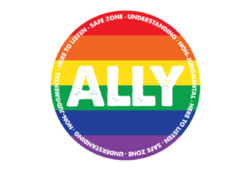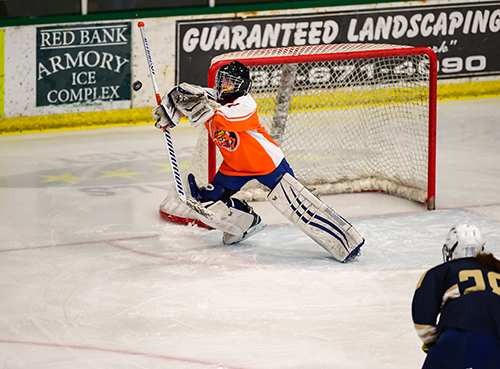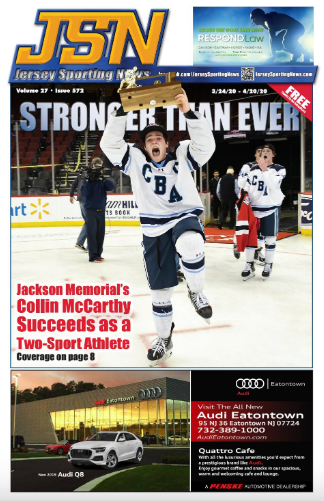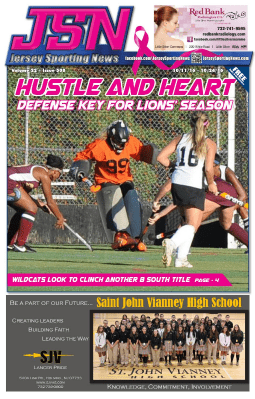Under many state and municipal laws, LGBTQ individuals have some legal protections. Currently, the Supreme Court of the United States is considering various employment law cases in which discrimination in employment, based on Gender Identity/Expression and Sexual Orientation, would expressly deem to be protected classes under Title VII of the Civil Rights Act of 1964. Despite this trend, LGBTQ individuals face some of the highest harassment and discrimination rates in the country in all aspects of life. This harassment and discrimination can occur not only at work and in public places but frequently happens amongst family and friends in seemingly “safe environments.”
This is why many individuals in the LGBTQ community experience feelings of sadness, rejection, turmoil, and conflict, because, for example, although the home or family environment should be a safe place grounded in peace and honesty, for LGBTQ individuals, it is often a place of lies, rejection, danger, abuse, and neglect. Many individuals have been physically or emotionally “kicked out” of their homes or families because of who their authentic self is. Some are forced to endure living a lie, in their family home, as they are not free to be themselves or “come out.” This rejection, amongst those who are closest to a person, can lead to mental and physical illness, substance abuse, and even suicide. Some LGBTQ individuals have their own supportive “chosen” families because their biological families have not accepted or supported them. Families and friends must recognize the difficulties that the LGBTQ community faces and provide these individuals with respect, acceptance, and support. Everyone should consider being an ally to this disenfranchised population.
It is of primary importance for families and friends of the LGBTQ community to both understand and use the proper vocabulary and terms so that they can have appropriate, respectful, and educated dialogue with LGBTQ individuals.
Following are some critical, frequently used (and often misunderstood) vocabulary amongst LGBTQ individuals.
· LGBT(Q): is an acronym that stands for Lesbian, Gay, Bi-sexual, Transgender, and (Queer/Questioning).
· Gender identity: is a person’s fundamental concept as male, female, both or neither.
· Gender expression: is a person’s external appearance of gender identity expressed through clothing, voice, accessories, behavior, grooming, and hair. Such expression can either conform or not conform to socially defined behaviors associated with being male or female. Pansexual individuals have an emotional or romantic attraction to people regardless of their gender or gender identity.
· Agender or gender-nonbinary: are people who do not identify with either gender.
· Cisgender: denoting or relating to a person whose sense of personal identity and gender corresponds with their birth sex.
· Gender dysphoria: refers to the distress a person feels because their birth-assigned sex and gender not matching their gender identity.
· Gender non-conforming: Gender non-conforming people have, or are perceived to have, gender characteristics that do not conform to traditional or societal expectations.
· Transition: The process of changing genders from one’s birth-assigned gender to one’s gender identity. There are many different ways to transition. For some people, it is a complex process that takes place over a long period, while for others, it is a one or two-step process that happens more quickly. The transition may include social aspects such as: “Coming out”: telling one’s family, friends, and/or co-workers; Legal aspects changing one’s name and/or sex on legal documents; Medical aspects such as accessing hormone therapy or possibly medically necessary surgical procedures. Not all transgender people access medical care as part of their gender transition. Whether they do so does not make their gender transition any less real.
· Sexual orientation: is the inherent emotional, romantic or sexual attraction to other people, such as gay, lesbian, or heterosexual.
· Ally: An ally is someone who is not a member of an underrepresented group but who takes action to support that group. It's up to people who hold positions of privilege to be active allies to those with less access and to take responsibility for making changes that will help others be successful. These people support equality and civil rights amongst all groups and challenge bias, prejudice, and discrimination.
Once this vocabulary is understood, families, colleagues, associates, and friends of LGBTQ individuals should be open to and accepting of LGBTQ individuals. This is especially important as acceptance and support, especially amongst family, friends, and co-workers, can mean the difference between happiness and depression and even life and death in this marginalized community.
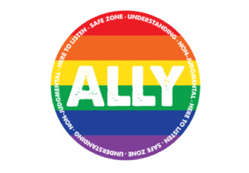
Remember these tips when interacting with family, colleagues, associates, and friends of the LGBTQ community.
· Demonstrate dignity and respect for transgender individuals.
· Educate yourself about LGBTQ rights and issues.
· Be “normal” – treat everyone with the same respect, equality, and courtesy, regardless of LGBTQ status.
· Be an ally.
· Do not use slurs, insults, or even microaggressions.
· Be inclusive.
· Let the LGBTQ individual be themselves.
· Treat LGBTQ individuals the same as everyone else.
· Demonstrate love and support.
· Do not ask these individuals to act in a certain way.
· Cultivate an environment where people feel safe in coming out or changing their gender identity, expression, or name.
· Use proper terminology, names, pronouns.
· Recognize that gender can be fluid or non-binary.
· Address inappropriate remarks, slurs, microaggressions, and comments.
· Show support; keep “reactions” to a minimum.
· Don’t be afraid to ask questions.
· Get preferred names and pronouns right.
· Be empathetic.
· Do not force religious beliefs on LGBTQ individuals.
· LGBTQ individuals also can benefit from tips to assist in gaining acceptance by family and friends.
· Do not assume you will know a family or friend’s reaction.
· Present information, such as podcasts or reading materials, to educate family and friends.
· Be patient as changes in attitude take time.
· Be respectful but firm with slips in name or pronouns.
· Be strategic in who you will discuss certain things with, or even who you will be fully “out” with.
· Plan if you are bringing a partner home so that family and friends are prepared.
· Have an ally to call on.
· Self affirm and self assert.
· Take the time to enjoy yourself in social situations.
Nicole Sorokolit Croddick is of Counsel at Davison, Eastman, Muñoz, Paone, P.A., where she focuses her practice on employment and labor matters. She consults companies on human resources issues and has conducted internal investigations on ethical and legal violations. With this breadth of experience, she has gained a deep understanding of the problems that exist in the modern workplace. Additionally, she has drafted employee handbooks, severance agreements, has updated hiring and employee discipline forms and procedures, and facilitated trainings on a variety of labor and employment law and compliance topics, including Continuing Legal Education. Nicole has also taken her experience and used it appropriately as a subject matter expert in numerous ethical/legal training videos for LRN Corporation, a leader in ethics and compliance training to major organizations worldwide. Nicole is admitted to practice in New Jersey and in New York. She is a board member of RCDS’s Diversity and Inclusion Board. She received her J.D. from Catholic University of America, Columbus School of Law and her B.A. from Boston College. She conducts all work in both English and Spanish and may be reached at [email protected] or 732-462-7170.
- 2023 JSN Awards Finalists Announced - December 18, 2023
- Sunil Sunder Raj Recaps Day One of State Football Finals With OnNJ (VIDEO) - November 27, 2023
- Mental Health and Exercise: Finding Balance in New Jersey's Fast-Paced Life - November 27, 2023

